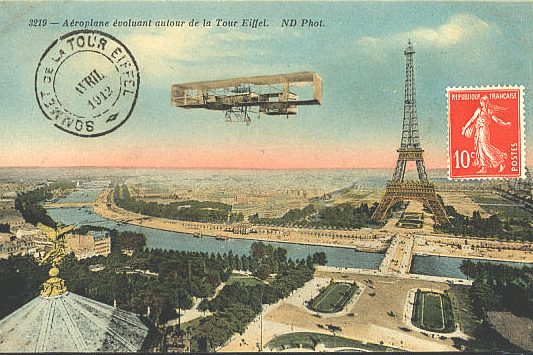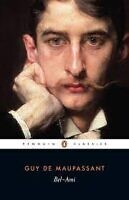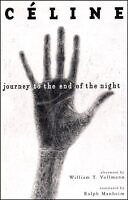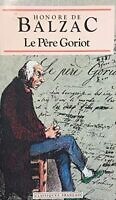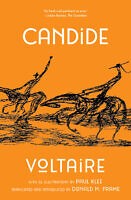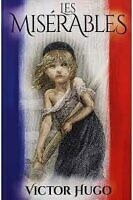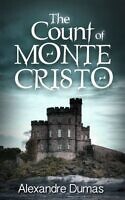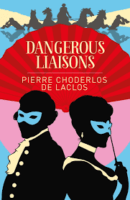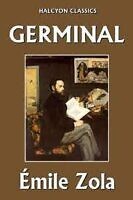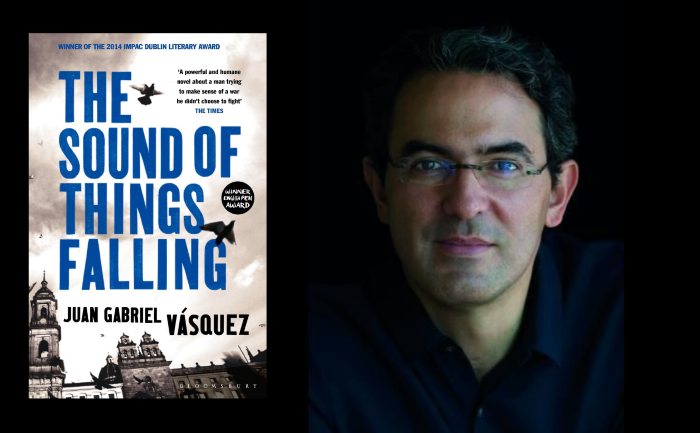From Proust to Dumas, Voltaire to Zola, so many wonderful French Authors. Enjoy our Reading List of 10 Magnifique Classic French Novels to Read.
This post may contain affiliate links that earn us a commission at no extra cost to you.
10 Magnifique Classic French Novels to Read
Time Regained by Marcel Proust
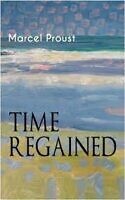
Time Regained, the final volume of In Search of Lost Time, begins in the bleak and uncertain years of World War I. Years later, after the war’s end, Proust’s narrator returns to Paris and reflects on time, reality, jealousy, artistic creation, and the raw material of literature– his past life.
Marcel Proust’s In Search of Lost Time is one of the most entertaining reading experiences in any language and arguably the finest novel of the twentieth century
Bel-Ami by Guy de Maupassant
Maupassant’s second novel, Bel-Ami from 1885 is the story of a ruthlessly ambitious young man (Georges Duroy, christened ‘Bel-Ami’ by his female admirers) making it to the top in fin-de-siècle Paris. It is a novel about money, sex, and power, set against the background of the politics of the French colonization of North Africa. It explores the dynamics of an urban society uncomfortably close to our own and is a devastating satire of the sleaziness of contemporary journalism.
The Red and the Black by Stendhal
After Napoleon’s defeat, the French aristocracy tried to reassert its power in a government known as the Restoration. Venal and corrupt, the Restoration fell in 1830. Later that year, Stendhal published his scathing satire of Restoration society, The Red and the Black. Its title refers to the military and the clergy, the two career paths open to young men of intelligence and ambition but no social standing.
A master of characterization, Stendhal paints a fascinating, multi-layered portrait of Julien Sorel, who endures as one of literature’s most complex and surprisingly sympathetic—a would-be manipulator out of his depth in a sea of sharks.
Journey to the End of the Night by Louis-Ferdinand Céline
First published in 1932, Journey to the End of the Night was immediately acclaimed as a masterpiece and a turning point in French literature. Told in the first person by Celine’s fictional alter ego Bardamu, the novel is loosely based on the author’s own experiences during the First World War, in French colonial Africa, in the USA and, later, as a young doctor in a working-class suburb in Paris.
Celine’s disgust with human folly, malice, greed and the chaotic state in which man has left society lies behind the bitterness that distinguishes his idiosyncratic, colloquial and visionary writing and gives it its force.
Father Goriot by Honoré de Balzac
Father Goriot (1835) is a novel by French author Honoré de Balzac. An early work in his La Comédie humaine sequence, Father Goriot has since become one of Balzac’s most critically and commercially successful novels.
The novel, set in Paris, examines the lives of Parisians struggling with profound changes in French society and the attempts by many to reach the upper echelons of a class-conscious society. Balzac also analyzes, through Goriot and others, the nature of family and marriage, providing a pessimistic view of these institutions.
Candide by Voltaire
Candide is the story of a gentle man who, though pummeled and slapped in every direction by fate, clings desperately to the belief that he lives in “the best of all possible worlds.” On the surface a witty, bantering tale, this eighteenth-century classic is actually a savage, satiric thrust at the philosophical optimism that proclaims that all disaster and human suffering is part of a benevolent cosmic plan.
Fast, funny, often outrageous, the French philosopher’s immortal narrative takes Candide around the world to discover that — contrary to the teachings of his distinguished tutor Dr. Pangloss — all is not always for the best. Alive with wit, brilliance, and graceful storytelling, Candide has become Voltaire’s most celebrated work.
Les Misérables by Victor Hugo
Les Miserables tells the story of ex-convict, Jean Valjean, and his valiant struggle to redeem his past. A potent social document of the poverty, ignorance, and brutality of man, Les Miserables is also a rousing adventure story, famous for such unrivaled scenes as the brilliant depiction of the Battle of Waterloo.
Victor Hugo reached the peak of his powers in this far-reaching novel of nineteenth-century France. Here are combined the dramatic skills of Hugo the playwright, the rich imagination of Hugo the poet, and the compassion of Hugo the man.
The Count of Monte Cristo by Alexandre Dumas
Set against the turbulent years of the Napoleonic era, Alexandre Dumas’s thrilling adventure story is one of the most widely read romantic novels of all time. In it the dashing young hero, Edmond Dantès, is betrayed by his enemies and thrown into a secret dungeon in the Chateau d’If, doomed to spend his life in a dank prison cell. The story of his long, intolerable years in captivity, his miraculous escape, and his carefully wrought revenge creates a dramatic tale of mystery and intrigue and paints a vision of France that has become immortal.
Dangerous Liaisons by Pierre Choderlos de Laclos
The complex moral ambiguities of seduction and revenge make Dangerous Liaisons, one of the most scandalous and controversial novels in European literature. Its prime movers, the Vicomte de Valmont and the Marquise de Merteuil–gifted, wealthy, and bored–form an unholy alliance and turn seduction into a game. And they play this game with such wit and style that it is impossible not to admire them, until they discover mysterious rules that they cannot understand. In the ensuing battle there can be no winners, and the innocent suffer with the guilty.
Germinal by Émile Zola
Zola’s masterpiece of working life, Germinal, exposes the inhuman conditions of miners in northern France in the 1860s. By Zola’s death in 1902 it had come to symbolize the call for freedom from oppression so forcefully that the crowd which gathered at his State funeral chanted “Germinal! Germinal!”
While it is a dramatic novel of working life and everyday relationships, Germinal is also a complex novel of ideas, given fresh vigor and power in this new translation. It is also the thirteenth book in the Rougon-Macquart cycle.
If you enjoyed 10 Magnifique Classic French Novels to Read, you can read and listen to The Man And The Cannon by Victor Hugo


